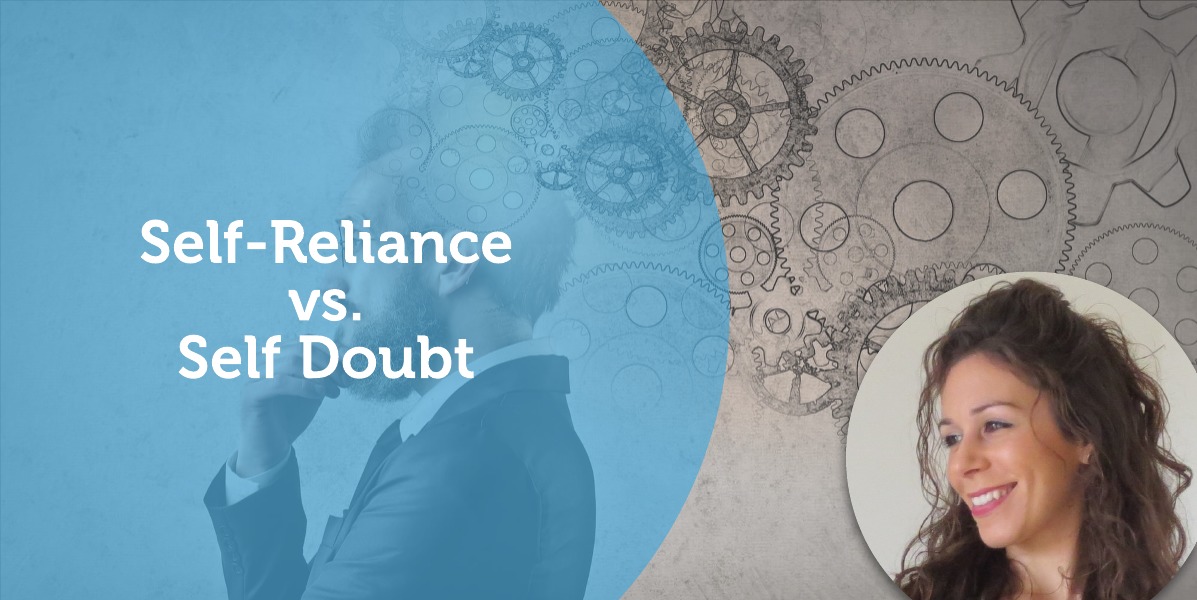
A Coaching Power Tool Created by Sofia Leone
(Life Coach, ITALY)
I have worked with young people in southern Italy for the past eight years and their honesty and wit has helped me shape a model of education that goes far beyond the classic coursebook. By combining life coaching tools, powerful questions and active listening I have paved the way for teenagers to learn through self-expression. The classroom environment is positive and stress levels are lowered as a result. When I ask students about problems they are facing at school and in their personal lives, the same theme always arises: a lack of self-esteem
This awareness has caused me to gauge my own levels of self-esteem. Yes, I enjoy getting on a stage and sharing my youth coaching vision and methodology with a wide audience, but in day to day life I deal with my own personal battles which all relate back to the same problem: not feeling good enough. There, I’ve admitted it. There are often times when I don’t feel good enough and I know for a fact that I am not the only one. However, when clients and students share similar feelings and stories with me, the teacher/coach, it is usually said with slight shame and hesitation.
This new learning has led me to pinpoint a specific time in the past when I did feel good enough. My mind was cast back to a very special year when, after a personal problem, I was forced to pick myself up and start a new life on my own. This experience shaped me and changed me for the better as it taught me that we all need setbacks to grow and progress in life. Through a series of solo journeys, adventures and new sports I learned that not only was I capable of new experiences, but I was in fact good at activities I had never considered trying. For the first time I relied solely on myself and this self-reliance created an empowered mindset which in turn led to a huge boost in self-esteem and wellbeing.

Now you finally understand the phrase, ‘If it is meant to be then it is up to me.’ It feels good, eh? Doing it by yourself. Paddling your own canoe. –B. Grylls
Self-Doubt
If self-reliance feels so empowering, why do we often sink into feelings of self-doubt? The keyword here is hesitation. I was undecided about the name of this power tool because I think that self-doubt is closely connected to hesitation. When a client is not making decisions it is because they are doubting themselves and, more specifically, their ability to face the problem head-on and make the necessary changes. It is only by coming out of hesitation through action that a client can have the breakthroughs they so strongly desire.
This power tool is all about challenging the client to change their perspective. If we as coaches are able to facilitate the client’s learning about their own limiting self-beliefs, this will cause them to spring into action.
Here are some powerful perspectives to apply:
Self Application
What can we as coaches do to ensure that we are functioning more in self-reliant mode and less in self-doubt mode?
Here are some ideas:
Coaching Application
It is imperative that we as coaches pinpoint underlying feelings of low self-esteem and ask the appropriate questions.
Coaching Questions for Self-Belief:
Considerations
Although many people may benefit from coaching to deal with low self-esteem there are some points to consider:
Conclusion
It is in discovering and understanding their ability that the client gets the power to be successful. – P. Reardon
I believe that as coaches we have so much power in our hands. We are increasingly aware of ourselves and our intentions because we are on a learning journey. Yet we must also be aware that clients are not on the same learning journey, therefore, their self-awareness is usually much lower. What we can do then is use our skills to help increase the client’s awareness by taking them out of the vicious circle of self-doubt and hesitation into a new perspective of resilience and self-sufficiency.
Bibliography/Further Reading
Peer, M (2018) I Am Enough: Mark Your Mirror and Change Your Life. Marisa Peer; One Edition
Reardon, P (2010) Life Coaching Activities and Powerful Questions. Create Space Independent Publishing Platform
Robbins, M (2012) Stop Saying You’re Fine. Harmony
Zander, L. H (2018) Maybe it’s you: Cut the Crap. Face Your Fears. Love your Life. Hachette Books